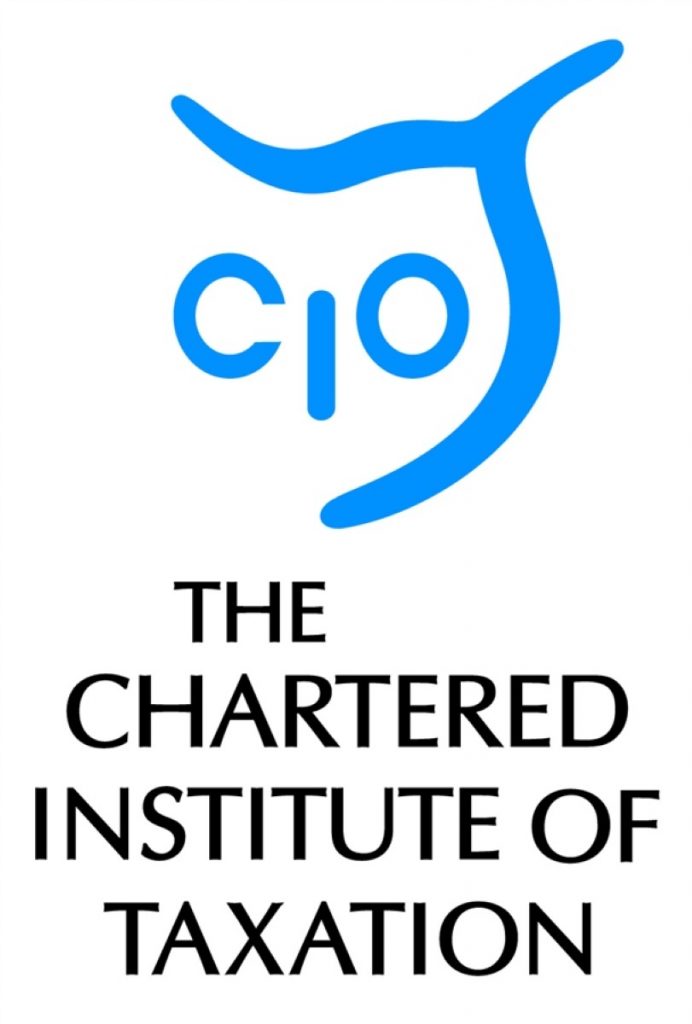Campaigners urge delay to national insurance changes
The Low Incomes Tax Reform Group (LITRG) has asked the Government to delay changes to national insurance contributions (NICs) for the self-employed to ensure the impact is fair and those affected understand the implications.
The 2015 Budget confirmed the Government’s intention to abolish Class 2 NICs. This means that instead of paying two classes of NICs (Class 2 and Class 4), the self-employed will pay just one (Class 4) in the future. To the extent that this is a simplification, it is welcome by LITRG and means that entitlement to contributory state benefits, such as state pension or maternity allowance, in the future would be dependent upon Class 4 NICs paid.
However, this proposal comes shortly after the method for paying Class 2 NICs changed last April. It has led LITRG to urge the Government1 to wait until the final recommendations are made by the Office of Tax Simplification (OTS) on the separate plans for closer alignment of income tax and NICS, before it decides to press ahead with any more changes to self-employed NICs. LITRG has also suggested that reform of Class 3 NICs, which are voluntary contributions, should be considered because of the impact of the abolition of Class 2.
Anthony Thomas, LITRG Chairman, said:
“It is crucial that the Government consider the two overlapping changes to Class 2 and the OTS alignment proposal before they make any radical change that affects millions of people.
“We are concerned that the earliest proposed start date of April 2017 for abolition of Class 2 NICs means the changes may be rushed through without adequate further consultation together with a lack of publicity and guidance for the people affected.”
Many self-employed people currently pay voluntary Class 2 NICs to protect their entitlement to contributory state benefits. While it is proposed that some on low incomes would be protected by the availability of NI credits, others would be required to pay Class 3 NICs instead which could result in a five-fold increase in the cost to them2. Such a significant increase in cost might result in no contributions being paid because of the cost, which may result in future reliance on means-tested state benefits.
Anthony Thomas said:
“It is surely better that someone pays something and gets something, rather than paying nothing and the burden falling on the state later.”
LITRG was responding to ‘The abolition of Class 2 national insurance: introducing a benefit test into Class 4 national insurance for the self-employed’ consultation.
Notes for editors
1. LITRG’s submission can be read in full here.
2. The treatment of the employed and self-employed is not the same, as can be seen by the following examples that use 2015/16 rates.
James is employed and earns £112 per week for 51 weeks of the year. On the last week he earns £100. James would be credited with 51 weeks Class 1 NI credits. In order to make up a full year’s contribution record he would have to pay one Class 3 NIC (£14.10).
Self-employed John, on the other hand earns the same amount as James over the year (£5,812). This is below the small profits threshold so he would receive no NI credits. Under current rules he might opt to pay voluntary Class 2 contributions (£2.80 per week or £145.60 for a year); under the proposed rules he would have to pay Class 3 contributions (currently £14.10 per week or £733.20 for a year). Clearly this places him in a significantly less favourable position than an employed person earning the same amount in the tax year. It seems inequitable that John, who is self-employed and contributing towards the UK economy is expected to pay Class 3 contributions at the same rate as someone resident overseas, for example.
3. Low Incomes Tax Reform Group
The LITRG is an initiative of the Chartered Institute of Taxation (CIOT) to give a voice to the unrepresented. Since 1998 LITRG has been working to improve the policy and processes of the tax, tax credits and associated welfare systems for the benefit of those on low incomes.
The CIOT is the leading professional body in the United Kingdom concerned solely with taxation. The CIOT is an educational charity, promoting education and study of the administration and practice of taxation. One of our key aims is to work for a better, more efficient, tax system for all affected by it – taxpayers, their advisers and the authorities. The CIOT’s work covers all aspects of taxation, including direct and indirect taxes and duties. The CIOT’s 17,500 members have the practising title of ‘Chartered Tax Adviser’ and the designatory letters ‘CTA’, to represent the leading tax qualification.





-01.png)